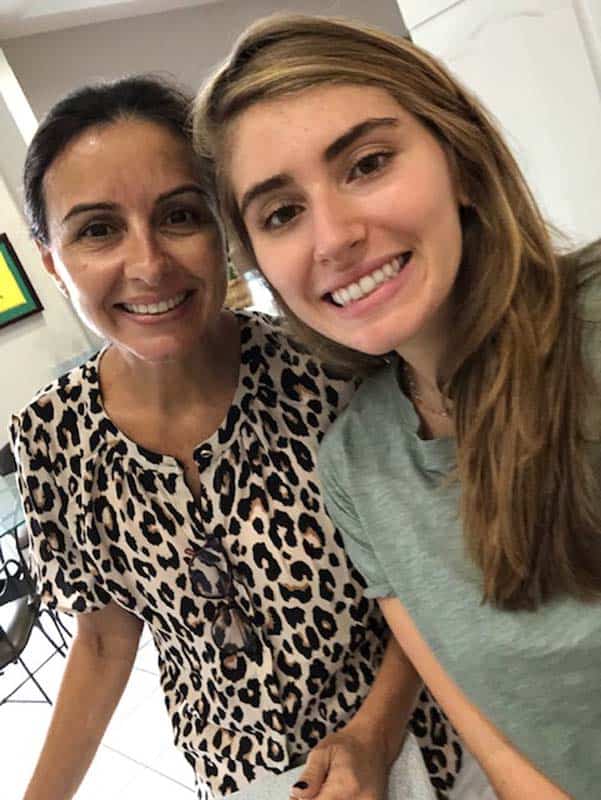Breast Cancer Awareness Month: Trusting Things Are As They Should Be
Shortly after her 49th birthday (2019), Melissa Thomas, a pediatric critical care physician, a wife, a mother, a sister, a daughter, a friend—was diagnosed with breast cancer: carcinoma in situ. Life altering and lifesaving choices let her share her story. And, most importantly, share her life—one exemplifying that, through resolve and resilience, things really are as they should be.
TBPM: Is there a family history of breast cancer?
Melissa Thomas: My paternal aunt had breast cancer and died at 40. During my breast cancer experience, memories of my aunt’s journey surfaced.
TBPM: How was your cancer detected?
Melissa Thomas: My annual mammogram showed a change. I underwent a second mammogram, then an ultrasound, and finally a punch needle biopsy. After the biopsy results, I heard the word cancer.
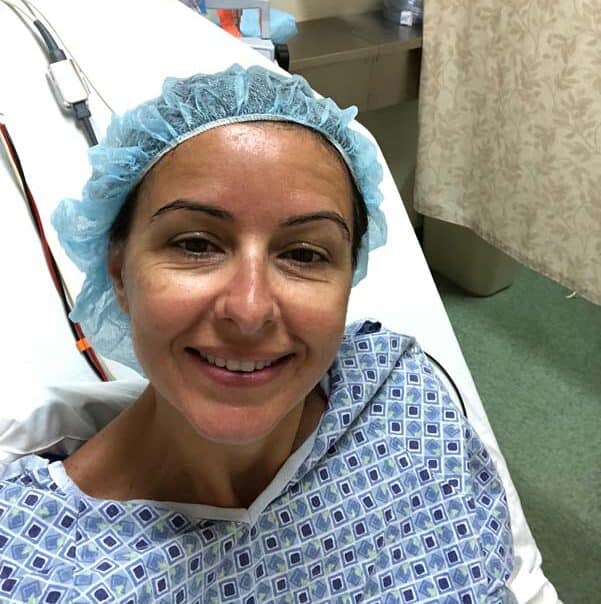
TBPM: Take me through receiving the news?
Melissa Thomas: A Friday afternoon phone call. I was suspicious and anxious: “You have early-stage breast cancer,” the radiologist said. My husband, a physician who works nights, was asleep. I didn’t wake Al up until I had a plan.
As instructed, I reached out to my gynecologist. Scheduling appointments with physicians I needed was difficult. I wanted immediate solutions, which wasn’t realistic. I accepted the diagnosis; I wanted the cancer out. Mostly, I felt lost receiving the news over the phone and without an accompanying action plan.
Friends from New Jersey were visiting and offered a welcome distraction. I didn’t tell my daughter, Julia (then 20), as her dad was undergoing treatment for aggressive colon cancer. I waited until the week of my surgery to share the news because I needed her to know I’d be fine—that she wouldn’t lose both parents.
In Portuguese I told our son, Matteo (then 5), “Mommy has a dodói.” A boo-boo. I explained I needed surgery and wouldn’t be able to carry him. He’d just started pre-K, and I didn’t want to miss out. I remember reading for his class and telling his teacher. I needed to know she’d look out for him.
TBPM: Did you spend a lot of time researching the options available to you?
Melissa Thomas: No. I trusted my physicians, Drs. Gabordi and Brown. I always knew I’d choose a double mastectomy. I wasn’t concerned with aesthetics. I was concerned with seeing my children grow. My husband supported me—encouraging me that it was my body and my decision. I connected with my sister-in-law’s friend, a breast cancer survivor, and she was a wonderful resource.
As a physician, I’ve seen too many times when a lumpectomy wasn’t enough. Doing everything at once remains the right decision for me.
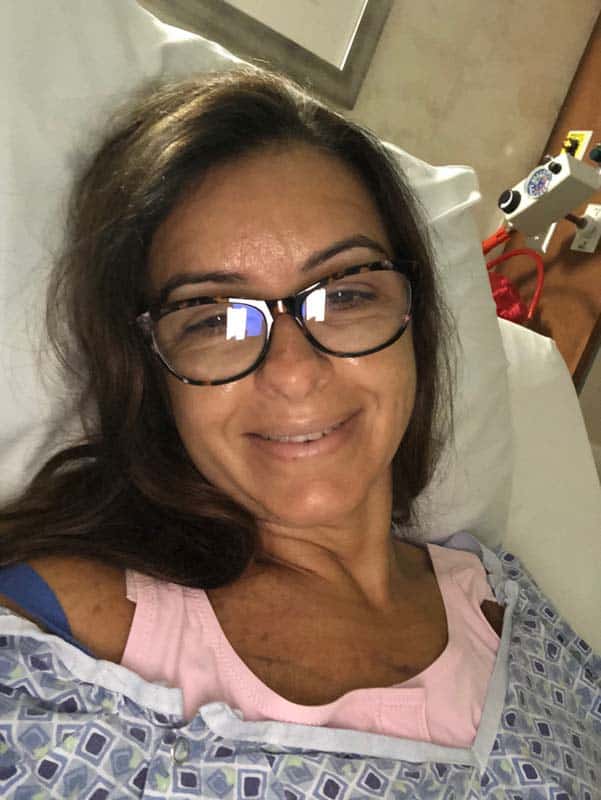
TBPM: What was the treatment process like?
Melissa Thomas: The first surgery was on Oct. 16 –a month after the diagnosis. I chose a nipple sparing double mastectomy with follow up reconstructive surgery. All breast tissue and muscle as well as some lymph nodes were removed. After an overnight stay, I was discharged with breast expanders and four drains. Weekly, to stretch the skin, saline was inserted through a port. Since caught early enough, neither chemo nor radiation were needed.
A complication on Nov. 4 traumatized me. Al was leaving for work when I felt a pop on my right breast. There was blood everywhere. I fainted on the drive to the ER. I thought I was going to die. After the first surgery, I came home with enough narcotics to sedate the world and took none; this pain was intolerable. Due to the arterial bleed, the right breast was redone.
Because of the setback, my reconstructive surgery didn’t happen until Jan. 16, 2020—fortunately, just before COVID would have delayed it even more.
TBPM: Were there any other unanticipated challenges?
Melissa Thomas: Attaining a medical leave—understanding what I needed to disclose. Dealing with the diagnosis was easier than dealing with insurance. Regardless of coverage, I paid $18K out of pocket. Insurance and associated issues were obstacles.
TBPM: What was your greatest source of support during recovery?
Melissa Thomas: My family. I couldn’t do anything for myself. Knowing they were present was comforting.
My mom, Eliana, and sister, Karyna (who left her husband and daughters to help me), flew from Brazil and stayed with me 40 days post op. Julia, then in college, helped too. Al continued working but made every effort to attend appointments. Rosy, my sister-in-law, was instrumental.
For six-plus weeks, I had to keep my arms down. I couldn’t shower. My sister would hold my head in the sink and wash my hair. I couldn’t drive, so she took over with Matteo. After recovery, I was physically deconditioned.
Breast cancer groups and therapists were offered, but my determination helped me push past the diagnosis and treatment phases. Early detection helped me trust I’d be okay. I can’t imagine diagnosis at later stages. For my kids, I had to be strong.
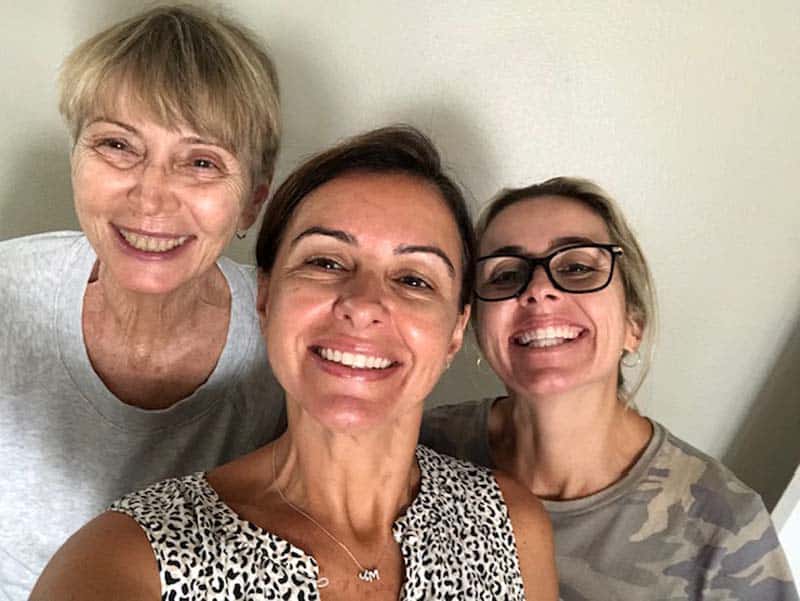
TBPM: What message do you want to share with Tampa Bay women?
Melissa Thomas: Find your support system. Rely on family and friends. Make decisions that fit you, not anyone else.
TBPM: What is the most valuable lesson the experience taught you?
Melissa Thomas: Life is short. Every day, I tell people how I feel.
The night before the first surgery, I wondered about them finding more cancer once they operated. I started writing that night and, through tears, wrote a message for everyone in my family. If something were to happen, what did I want them to know? I wanted to leave them writing they could cherish. Thankfully, it’s saved for them to read…some other day.
Trust that things are as they should be because you are doing what you should be. Have the resolve to take care of yourself so that you can share a long, resilient life with your children. While things are going well, be resolute in scheduling a mammogram. Tell your girlfriends to do it, too.
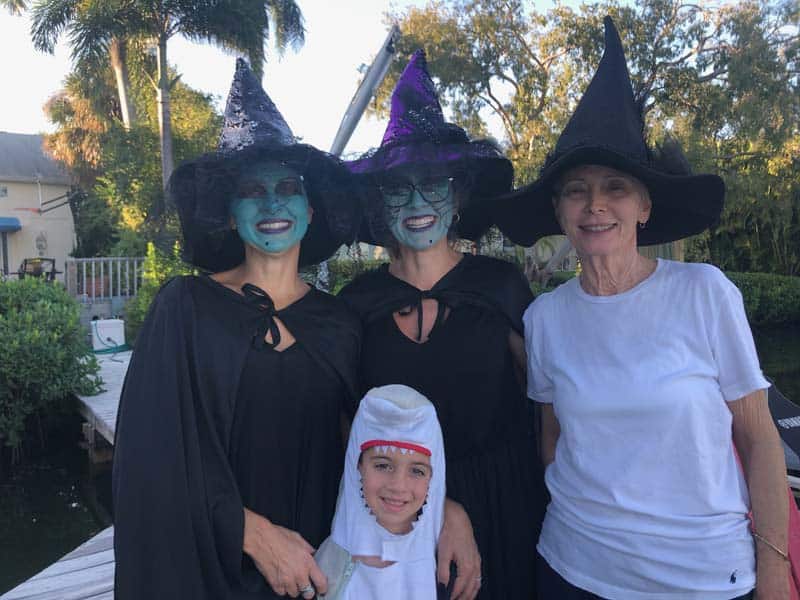
THE MORE YOU KNOW
- National Breast and Cervical Cancer Early Detection Program
- Local Making Strides Against Breast Cancer events
Originally published in October 2022 of Tampa Bay Parenting Magazine.


